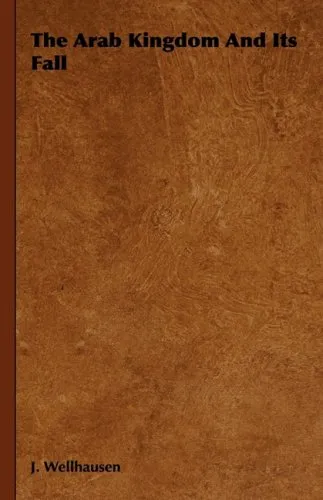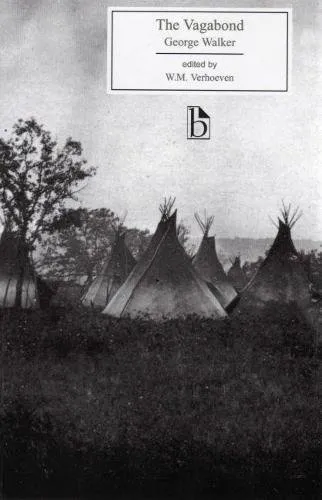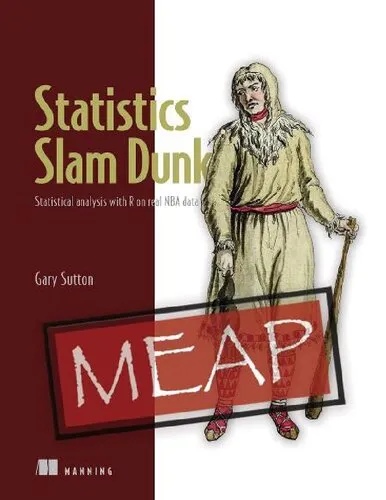The Arab Kingdom and its Fall
4.5
Reviews from our users

You Can Ask your questions from this book's AI after Login
Each download or ask from book AI costs 2 points. To earn more free points, please visit the Points Guide Page and complete some valuable actions.Related Refrences:
"The Arab Kingdom and its Fall" stands as a seminal work that dives deep into the rise and precipitous decline of the early Arab Empire. Written by J. Wellhausen, this book examines a critical period in Islamic history, encapsulating the zenith and subsequent implosion of a burgeoning empire. As a pivotal academic resource, it provides an exhaustive exploration of socio-political dynamics, religious influences, and the inherent cultural interplay that marked the era.
Detailed Summary of the Book
J. Wellhausen’s "The Arab Kingdom and its Fall" meticulously chronicles the history of the first Islamic empire, from its conception under the Prophet Muhammad to its fragmentation and demise. It captures the essence of an era where the desert tribes of Arabia transformed into one of the most formidable forces of the medieval world. Wellhausen unpacks the internal strife, shifting allegiances, and the civil war that ultimately led to the Umayyad Caliphate's downfall. The narrative begins with the Prophet’s death, exploring how his successors grappled with political and theological challenges, leading into the tumultuous reigns of the Rashidun and Umayyad Caliphs. Each chapter delves into political conspiracies, military campaigns, and religious schisms, providing readers with a well-rounded understanding of the tumult that characterized this epoch.
Key Takeaways
- The transformation from tribal systems to a centralized imperial rule was riddled with challenges and contradictions.
- The struggle for legitimate leadership was marked by familial and regional rivalries, creating a fertile ground for dissent.
- Religious ideologies played a pivotal role in both legitimizing rulers and fermenting rebellion.
- Economic disparities and the distribution of power under the Umayyads further contributed to dissent.
- The intricate balance between religious duties and governance highlighted the complexities faced by early Islamic rulers.
Famous Quotes from the Book
"The seeds of discord were sown in the cradle of the nascent empire; it lay within the very fabric of its origination."
"Leadership in the Islamic world required more than the sword; it demanded the subtle art of balancing faith, pragmatic politics, and military prowess."
Why This Book Matters
"The Arab Kingdom and its Fall" is invaluable for scholars and enthusiasts of Islamic and Middle Eastern history, offering rare insights into the formative centuries of Islamic governance. Its critical analysis aids in understanding the historical context behind present-day socio-political structures in Arab nations. Wellhausen’s rigorous scholarship and insightful interpretation challenge readers to reconsider widely-held narratives about early Islamic history, encouraging a nuanced understanding of its complexities. By studying the demise of the early caliphates, one garners lessons on the impermanence of empire, the persistent nature of internal divisions, and the timeless trials of leadership and governance. As a cornerstone of historical literature, Wellhausen’s work continues to influence academic discourse and remains a crucial text for anyone seeking to comprehend the intricacies of early Islamic civilization.
Free Direct Download
You Can Download this book after Login
Accessing books through legal platforms and public libraries not only supports the rights of authors and publishers but also contributes to the sustainability of reading culture. Before downloading, please take a moment to consider these options.
Find this book on other platforms:
WorldCat helps you find books in libraries worldwide.
See ratings, reviews, and discussions on Goodreads.
Find and buy rare or used books on AbeBooks.
1441
بازدید4.5
امتیاز0
نظر98%
رضایتReviews:
4.5
Based on 0 users review
Questions & Answers
Ask questions about this book or help others by answering
No questions yet. Be the first to ask!













